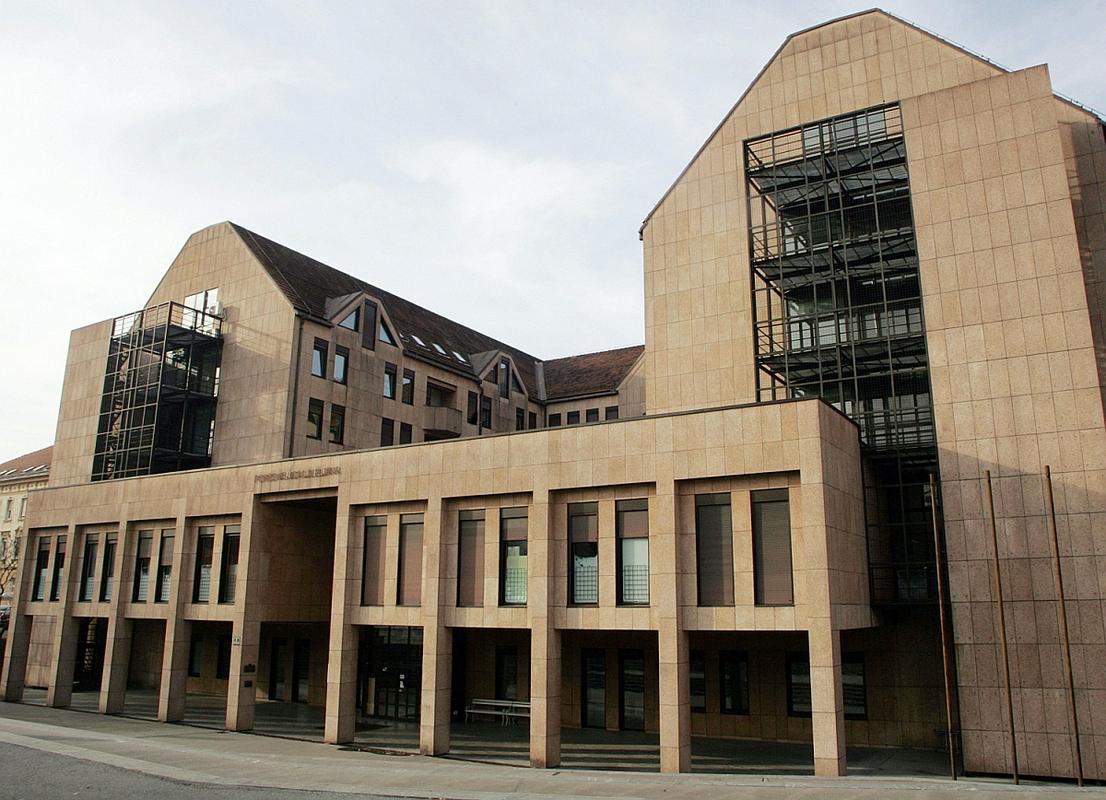
In Slovenia's largest hospital, where the most seriously ill patients are being treated, only 40 percent of the rooms are air conditioned. Both employees and patients say that the conditions verge on the unbearable, but staff members try to help as much as they can.
Maternity ward resident Biljana Šerbinek has not given birth yet, but she has been in the hospital since early July, and says things are getting worse: "It's been unbearable for three weeks. We try to close the widows and open the doors, but the humidity is making things worse. We can't breathe, and we are getting nervous. Conditions are bad for us and the staff. We try not to complain too much, but it's hard, since we are dripping with sweat all the time."
Things are getting worse from year to year, says midwife Ines Glavan. The area where the births take place is a bit cooler, but in the ward itself, where newborns, new mothers, and pregnant women sleep, the conditions are poor:
"The temperatures are unbearable. After 4 p.m., they reach 29-30 degrees. We help ourselves with fans that the patients bring from home and we encourage them to drink a lot. It's hard to work then," says Glavan.
The only part of the maternity ward with air-conditioning is the new intensive care unit. Elsewhere, the conditions are unacceptable, says head nurse Urška Vozelj. It's impossible to predict when the hospital will get air conditioning.
The main problem is the age of the buildings – 80 years old and older – and the lack of money. The University Hospital Center (UKC) would need more than four million euros to completely air-condition the buildings. Several investments are planned, but only within the confines of the available funding, according to the UKC's management, which expects something from the national budget, but is also seeking EU funds.

































































